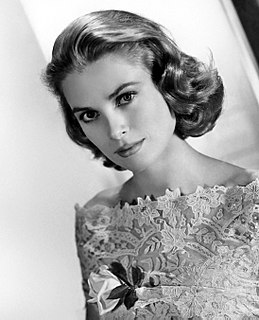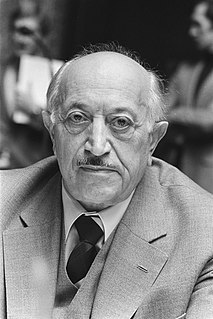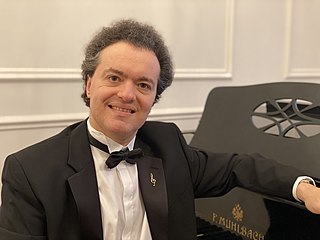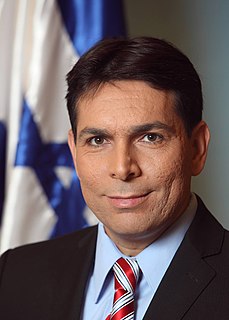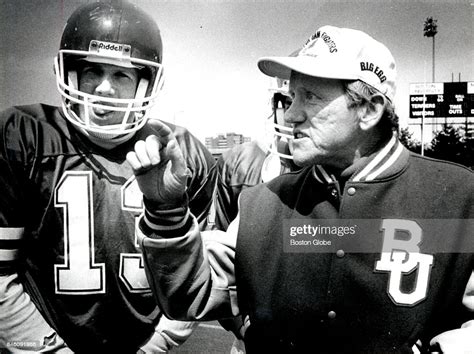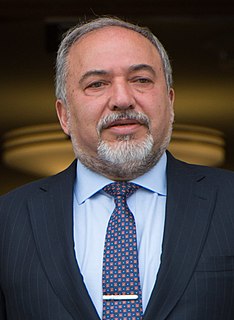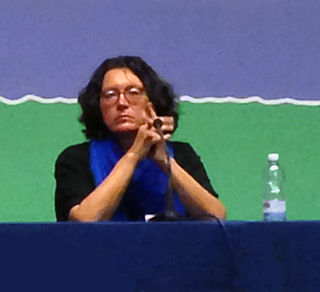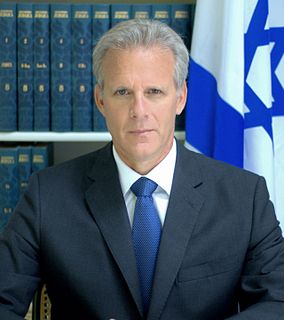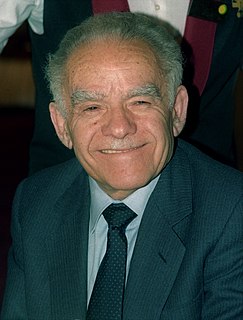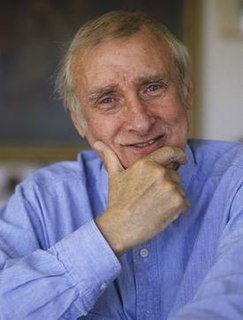A Quote by Neil Macdonald
Personally, I saw no organized malevolence toward reporters in the IDF; I'd dealt with enough Israeli soldiers to know that many of them operated by the book. But I also knew very well that others among them were fanatics, some from ultra-nationalist settlements, and considered foreign journalists enemies of the Jewish State.
Related Quotes
My parents, despite their serious attitude toward life in general, and that of their children in particular, were very broadminded people. There was no such thing as a bad profession for them. As I was their daughter, they knew that, whatever profession I chose, I would do it well. That was enough for them. There was always trust among the Kellys.
For me the Holocaust was not only a Jewish tragedy, but also a human tragedy. After the war, when I saw that the Jews were talking only about the tragedy of six million Jews, I sent letters to Jewish organizations asking them to talk also about the millions of others who were persecuted with us together - many of them only because they helped Jews.
Our enemies didn't adhere to the Geneva Convention. Many of my comrades were subjected to very cruel, very inhumane and degrading treatment, a few of them even unto death. But every one of us - every single one of us - knew and took great strength from the belief that we were different from our enemies, that we were better than them, that we, if the roles were reversed, would not disgrace ourselves by committing or countenancing such mistreatment of them.
There were others, women with stories that were told in a quieter voice: women who hid Jewish children in their homes, putting themselves directly in harm's way to save others. Too many of them paid a terrible, unimaginable price for their heroism. And like so many women in wartime, they were largely forgotten after the war's end.There were no parades for them, very few medals, and almost no mention in the history books.
First I went to a Jewish school, when I was very little. But when I was 12, they put me in a school with a lot of traditions, and they were educated people and they were talking about Greece and the Parthenon and I don't know what. All the kids, all the girls they had already seen that and knew that from their family, and I would say, "What are you talking about, what's that?" It's not my world. My grandparents were very well-educated people, but in the Jewish tradition. They knew everything about the Bible.


